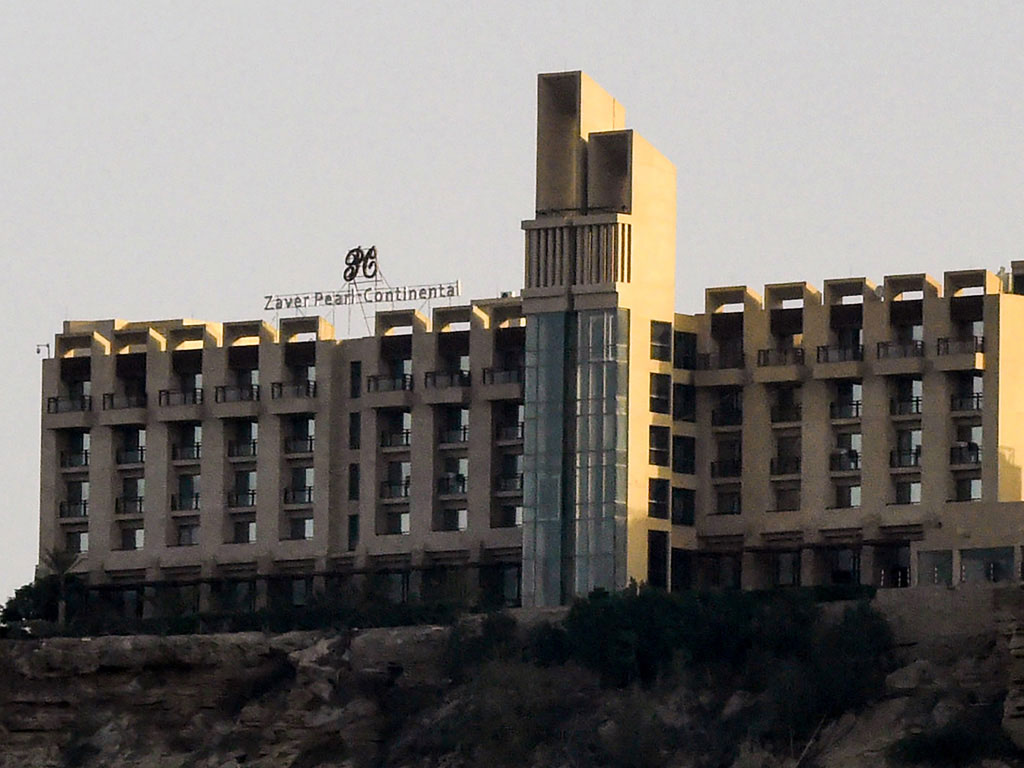Gwadar attack

Saturday's terrorist attack on a luxury hotel in Gwadar, the centerpiece of China Pakistan Economic Corridor (CPEC), is the second assault in a month's time on a high profile target in Balochistan. On April 18, gunmen wearing military uniforms offloaded 14 Navy Coast Guard and Air Force personnel from buses on the Makran Coastal Highway and shot them dead. A Baloch insurgent group, Balochistan Liberation Army has claimed responsibly for the latest assault, saying it had selected the hotel with the intention to target Chinese and other investors. Although four hotel employees and a Navy man embraced martyrdom and six others, including two Army captains and four Navy and hotel personnel sustained injuries, no foreign guest was harmed.
According to the ISPR, the terrorists had tried to take hostages, an objective they obviously failed to achieve. But it took a complex operation spanning over more than 12 hours for the security people to bring the situation under control and eliminate all three of the armed intruders, though not without raising questions about the intelligence agencies' ability to foretell what was coming for the other agencies to stop it in its tracks. Things are not so simple in that part of the country, however. Although the insurgency has weakened to a significant extent, it still feeds on long-standing grievances exacerbated by the unresolved issue of 'enforced disappearances'. Besides, insurgents and other violent extremists can easily come and go across the border with Afghanistan - where they have backers and facilitators - as well as Iran. The latter having its own problem with cross-border terrorism, has issued a statement condemning the attack in Gwadar and reaffirming its support for Pakistan in its fight against terrorism. But as long as the conflict in Afghanistan remains unsettled, its soil will continue to be used for planning and execution of acts of terrorism in this country.
The threat, therefore, is not going to go away anytime soon. Certain forces inimical to this country make no secret of their desire to destabilise Pakistan and also undermine the CPEC, a flagship project of China's One Belt, One Road Initiative. One outcome of that desire was last November's attack on the Chinese consulate in Karachi. In order to effectively deal with the challenge Pakistan needs to put its own house in order, and make a concerted effort to resolve the issues the insurgents use to justify their acts of terrorism against all manner of targets, including poor people from other provinces working on various development projects in Balochistan. The state must do all that is necessary to address the Baloch people's real or perceived sense of injustices. They deserve better from it. The powers-that-be should have no qualms about talking to any of the militant elements. Force may be used only against those unwilling to renounce terrorism under any circumstances. After all, it is a political problem and hence ought to be resolved through political means. The outsiders will stop fishing in troubled waters when there is no trouble to be exploited anymore.






















Comments
Comments are closed.